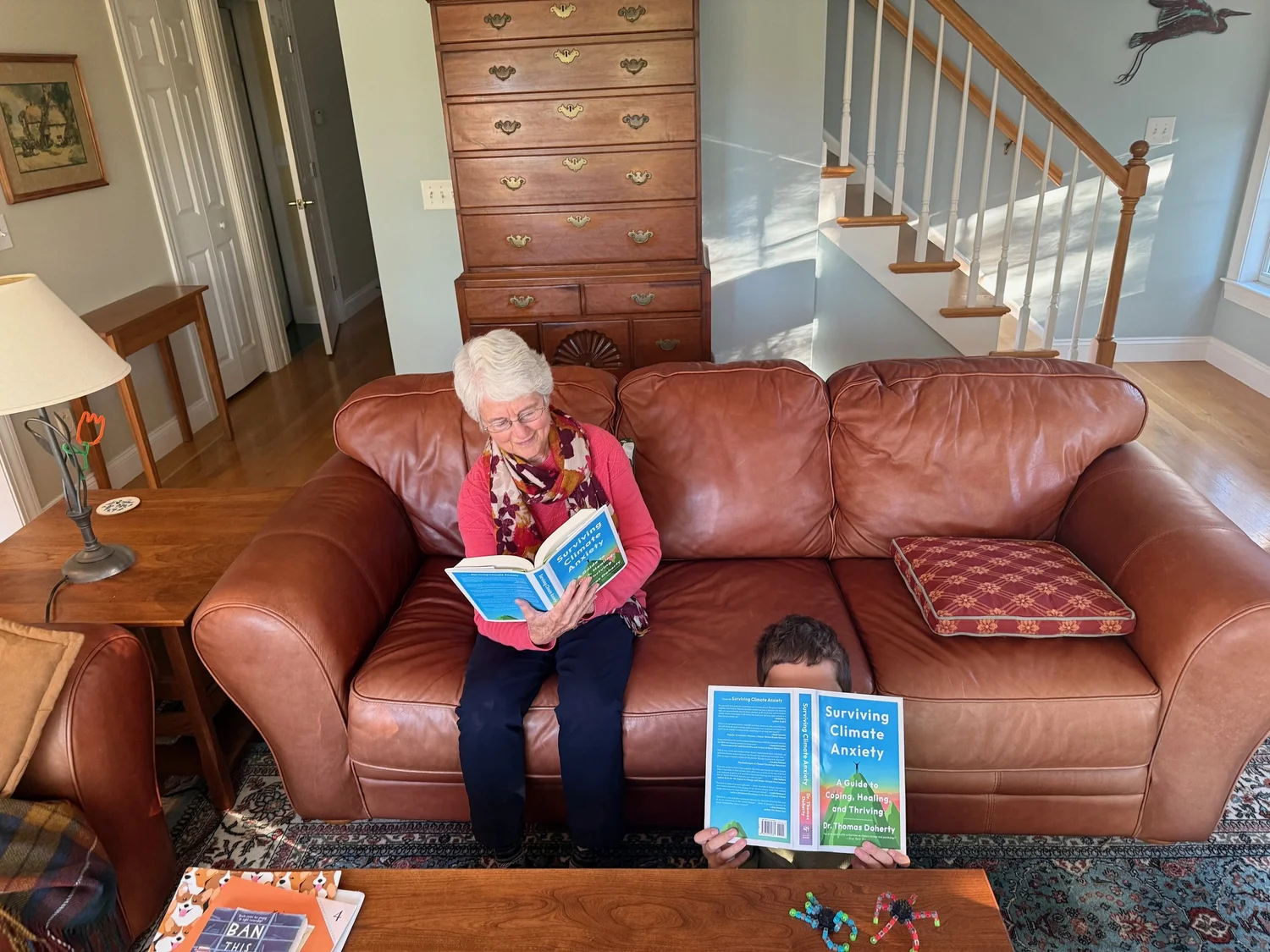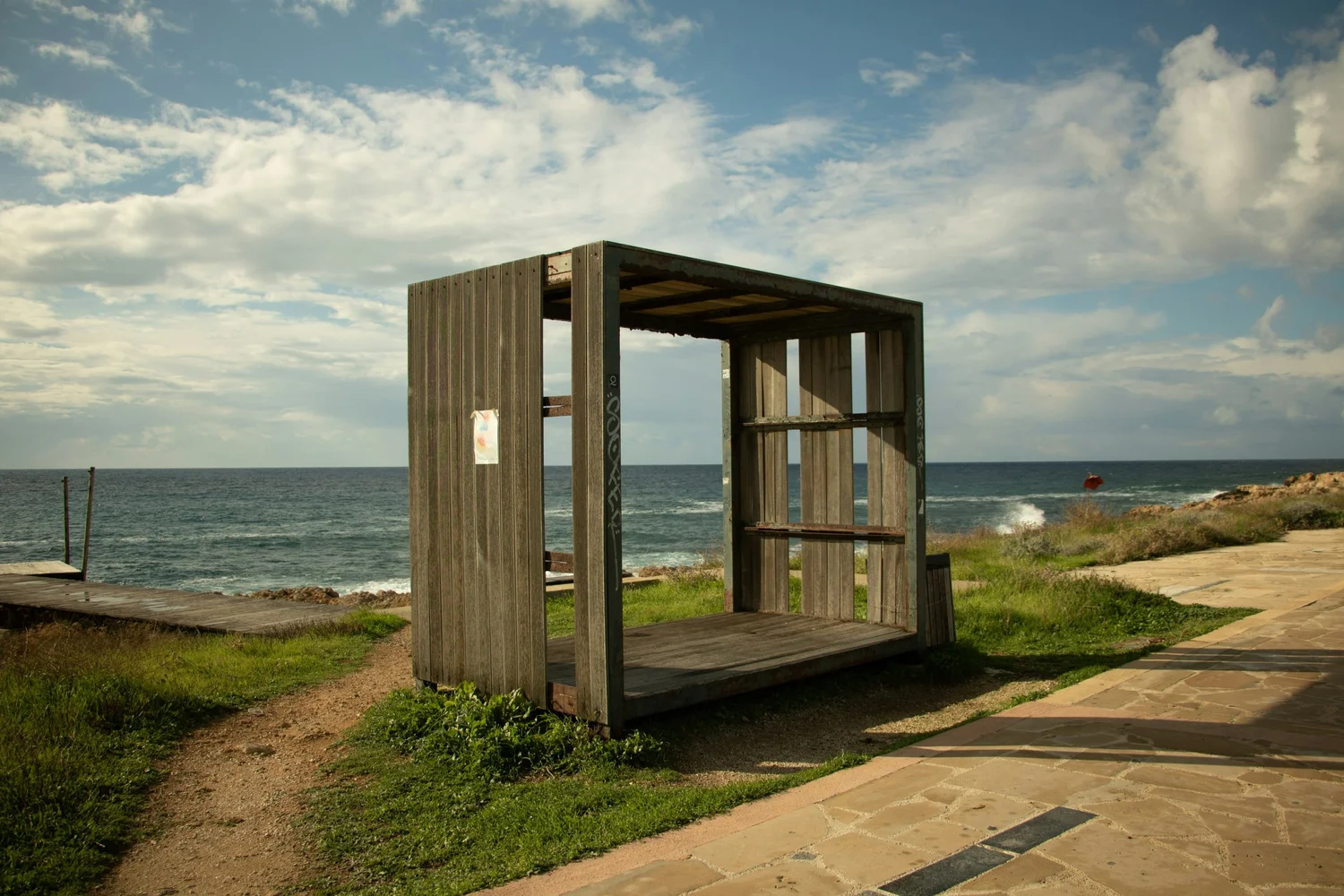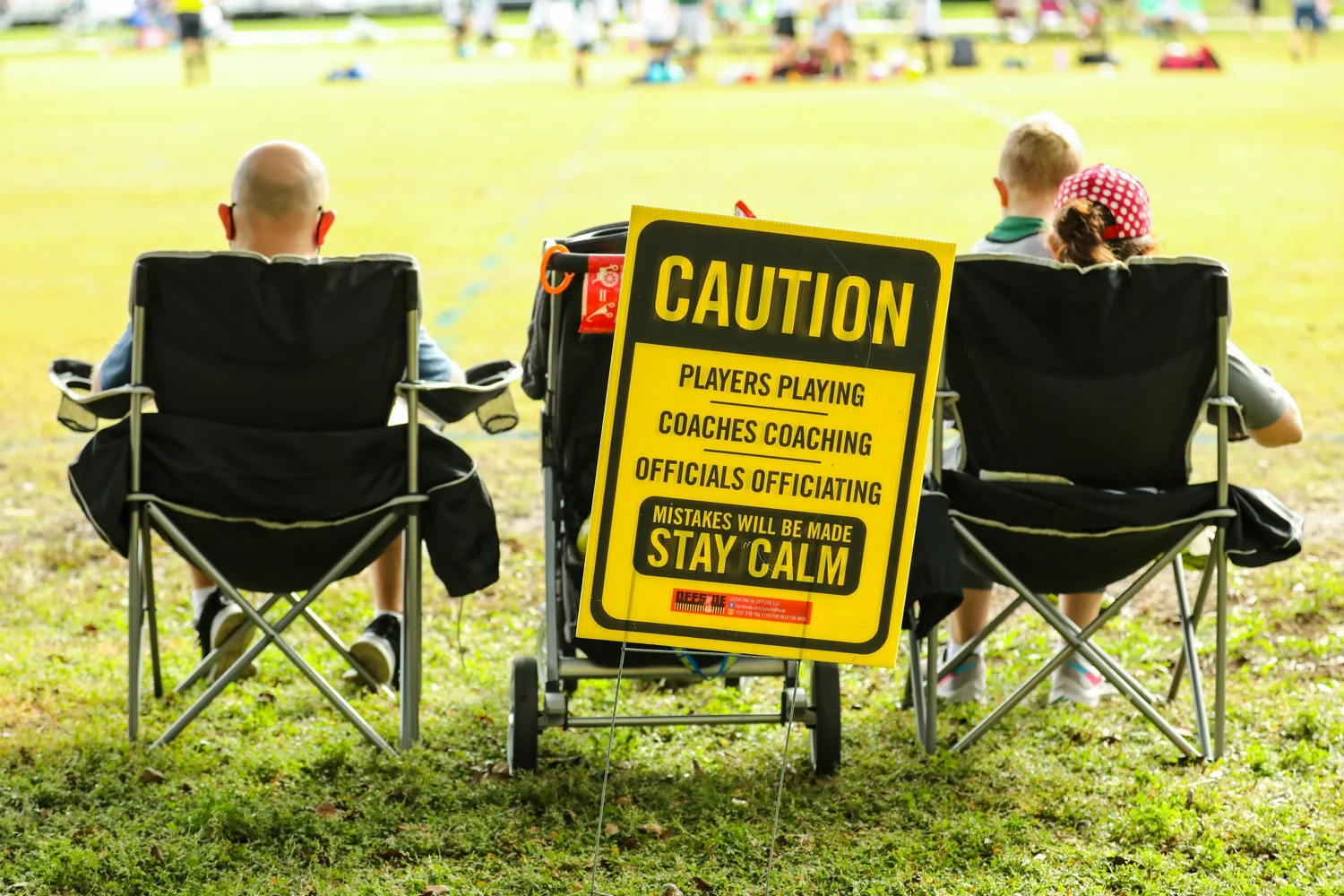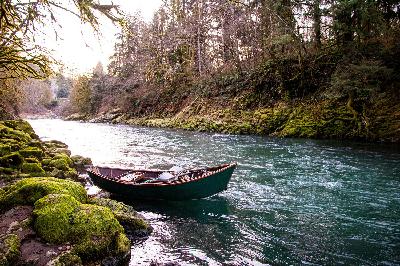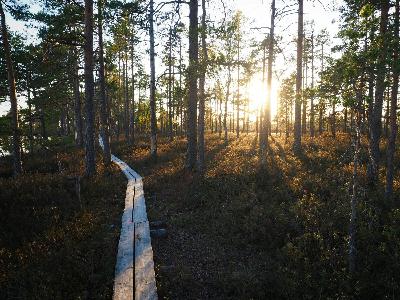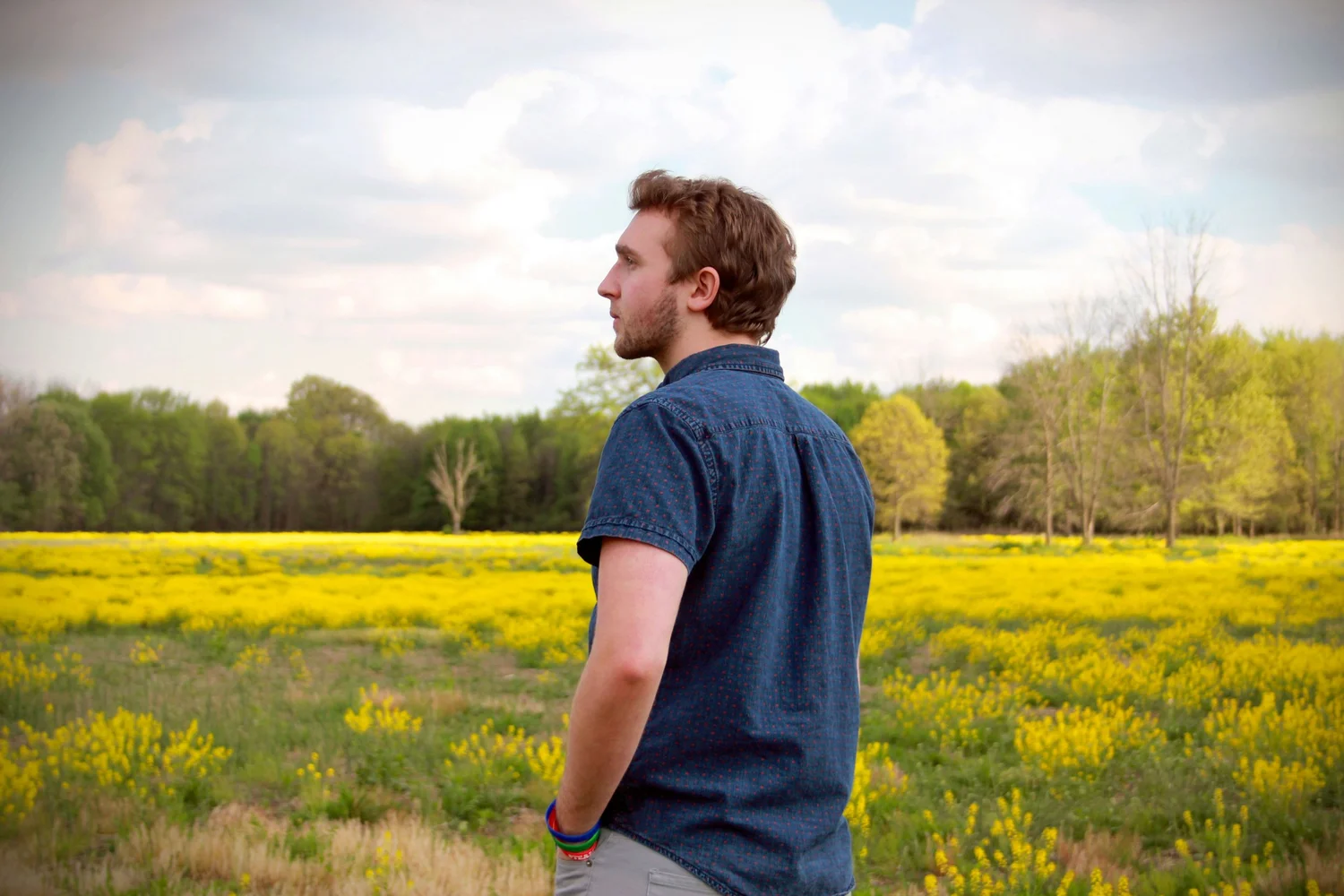Season 4, Episode 18: Climate Psyched: A View from Sweden with Frida Hylander
Description
<figure class="
sqs-block-image-figure
intrinsic
">

<figcaption class="image-caption-wrapper">
image credit | Mara Ket
</figcaption>
</figure>
Thomas and Panu spoke with accomplished Swedish climate psychologist Frida Hylander. Frida shared her journey into climate psychology, the founding of Klimatpsychologerna, and the initiatives in Sweden to support individuals and communities dealing with climate anxiety. It was validating to see the parallels between climate and emotions initiatives in the US, Sweden and Finland and notably many of the barriers are the same, such as the challenge of being a student trying to find a program that combines the study of psychology, mental health therapy and climate issues.
Links
Frida Hylander: @fridahylander.bsky.social
Swedish podcast Två Klimatpsykologer Möter (Two Climate Psychologists Meet)
Transcript
Transcript edited for clarity and brevity.
[music: “CC&H theme music”]
Introduction voice: Welcome to Climate Change and Happiness (CC&H), an international podcast that explores the personal side of climate change. Your feelings, what the crisis means to you, and how to cope and thrive. And now, your hosts, Thomas Doherty and Panu Pihkala.
Thomas Doherty: Well hello, I’m Thomas Doherty.
Panu Pihkala: And I am Panu Pihkala.
Doherty: Welcome to Climate Change and Happiness, this is our podcast. It’s a show for people around the world who are thinking and feeling deeply about climate change and other kinds of environmental issues and all the different things that are connected with that. We like to say, we're all climate, all the time, all emotions, all the time. So, this is a time to be present with how we're feeling. We look at this in a lot of different ways and sometimes get serious and intellectual about the research and the background and also how this plays out in our personal lives and in our families. This is an international podcast, Panu’s in Finland and I'm in the United States and we do have listeners in 35 countries around the world. So, we do try to keep it international here and today we are keeping it international and we're lucky to have a guest with us.
Frida Hylander: Yes, hello. It’s lovely to be here. My name is Frida Hylander. I'm located in southern Sweden, Malmö. Yeah, very happy to be here.
Doherty: And, Frida, I'll have to make sure that I do this pronunciation as well as I can. That's a beautiful name. Panu, I know you both know each other and have had some familiarity with your work there. You want to get us started?
Pihkala: Warm welcome, Frida, also on my behalf. It’s lovely to meet you here. Finland and Sweden are neighbouring countries with a lot of common history. Luckily, the cooperation extends also to climate psychology and its various dimensions. So, we've met with Frida in that regard and Frida has been very active in the Swedish climate psychology scene. There's a very nice network of climate psychologists, Klimatpsychologerna, and we are going to talk about that more today, but there's also a newsletter in English called Climate Psyched that you have been writing and several of the fruits of your work are available also in English. Before we go into that in more detail, it would be lovely to hear a bit about your journey towards being so active with climate psychology. So, has that interest in the natural world been with you for a long time or how did it go?
Hylander: Yeah, so I'm a licensed psychologist and it's a specialist psychologist in psychological treatment and psychotherapy. But, as I was studying to become a psychologist, I also started studying human ecology, which is sort of an interdisciplinary field that investigates human's interactions with the ecosystems. And as I was studying that, I was really emotionally hit by the magnitude of the climate crisis. I think that's when I first sort of understood, both intellectually and emotionally, like how bad things were. This was back in 2008, 2009. Things were, in one way, looking better than they are now. Anyway, I was studying human ecology and I was really, really struck by climate anxiety even though I didn't have a word for that back then. I sort of struggled with that. But it also got me to really think that this is what I want to do for work. And I was really frustrated with my psychology studies because they were so individualized. We talked so much about what's going on internally and with people's thoughts and emotions and everything and different psychiatric diagnoses and stuff like that. But we talked very little about the surrounding world and what the future holds. I was very frustrated with my human ecology studies because we talked so much about the ecosystems and political ecology and inequalities and environmental injustices and so on, but we didn't talk about how people behave, how do groups, what makes different groups change, and how our society is formed and so on. So, I think that my path to becoming a climate psychologist or a psychologist working with climate psychology came very much from that frustration. So after I was finished with all of the practicalities to become a licensed psychologist, I started to find my way into working with this, but there's nowhere you can apply in Sweden to get a job as a climate psychologist. So, it's been sort of interesting trying to create that path, which I've done on my own, but very much more together with my colleagues in The Climate Psychologists, Klimatpsychologerna, which is a network that I co-founded back in 2018. Yeah, so I'm here due to anxiety and frustration, I guess.
Pihkala: That's a lovely testimony to the positive roots of negative emotions to use binary expressions. Thanks a lot for sharing that and that frustration with the individualistic tendencies in psychology. It’s something we have heard from many pioneering climate psychology folks in this podcast, including Ro Randall and Renée Lertzmann and others. Thomas, what's on your mind when listening to this Nordic story?
Doherty: Well, I'm really appreciating it, Frida. I was going to ask you about your background and if you found it difficult to study and so you answered that question. I can very much identify with that story and it's a very common story. I've just been trying to write about this actually for this manuscript that I'm working on. One way to think about it, these are transdisciplinary issues. They're issues that fall in between the academic subjects that we study and the scientific disciplines. And I literally have the experience where, students who are listening or academics will understand this, you go to the department and you say to the psychology department, professor, I'm a student and I want to study climate change and why people are concerned about these disasters. And they say, that's a really neat and really important thing but we don't work on the environment here. I want you to go down the hall to the environmental studies department and that's where they can help you look at this. Then, when you walk down the hall to the environmental studies department and you say, I want to study this, they say oh that's really interesting, but we don't do psychology and therapy here. Therapists are in this department, so they send you to the therapy department and it's a runaround and students are left in the middle. Tragically, some are even told not to take on this topic, it's too difficult, and you won't be able to get your degree so just do something safe now to get your degree. Then, you could work on this later, but then later sometimes never comes. So, it's a real issue.
Hylander: It is, yeah. And I think that's something that we very much notice here and as say the psychology education or psychology programs in Sweden, they still very much don't offer any training in these to prepare future psychologists to take on these issues. So that's something that we've been working on. I'm chairing a national organization for psychologists called Psychologists for Sustainable Development, which is part of our union and our professional national association. Part of the work we've been trying to do there is to contact the different psychology progra


